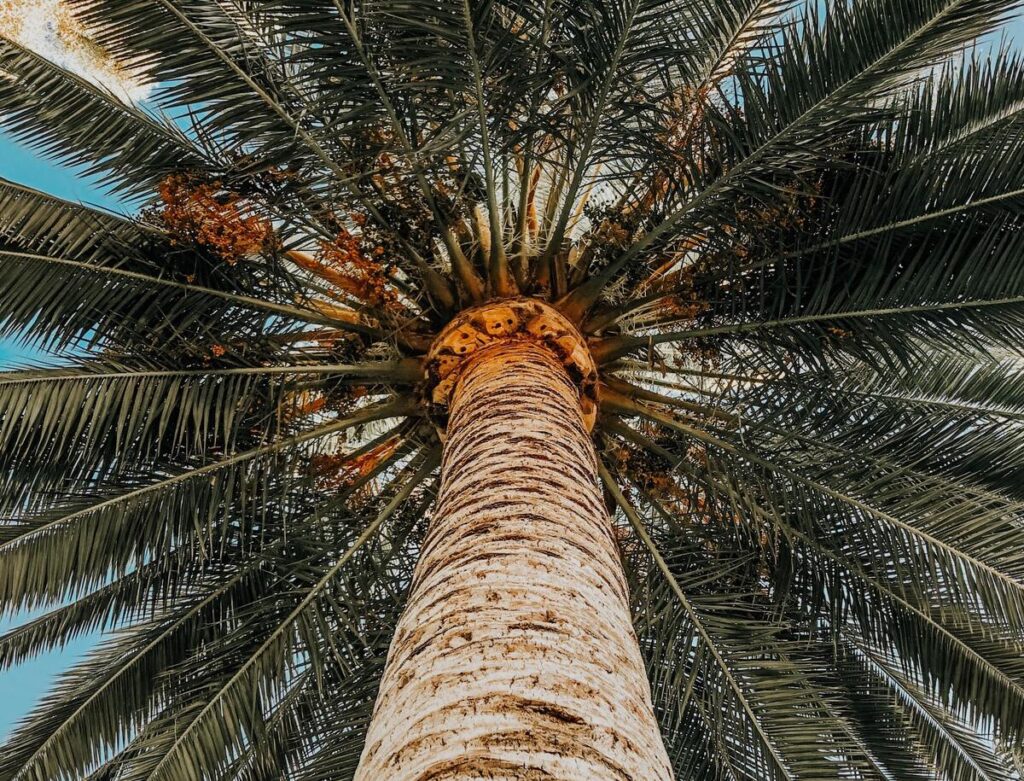Since the Earth Summit 1992, Malaysia pledged to maintain its three pillars of sustainable development: economic, environmental, and social. Furthermore, it also vowed to keep more than 50% of its land as a forest cover, maintaining a just balance between economy and environment. This cover is contrary to the widespread misinformation; the forested area excludes the area dedicated to rubber and palm oil plantation. Contrary to skepticism, Malaysia has kept its pledge of maintaining its forest cover.
Sustainable forest development
For a long time, Malaysia has adopted Sustainable Forest Management (SFM) practices. It has also made mandatory for its timber harvesting and supply chain to get third-party certifications. These practices have contributed to minimizing its timber harvesting and protected its carbon stock.
The country has also ensured the protection of specific ecological functions of forests by establishing protected areas. Malaysia launched the Malaysian Timber Certification Council (MTCC) for timber certification. Till 2019, approximately five million ha of forests in Malaysia had certification from MTCS. It manifests the commitment of the Malaysian government to reform and promote sustainable forestry practices.
REPLANTATION AT DIFFERENT SITES:
Apart from maintaining its pledge, different pieces of land are converted into the forest by the arduous work of several dedicated people of the state.
Malaysia catches the eyes of the international world by working on this regeneration forest project. This project operates at different sites in Malaysia, for instance, Malaysia’s Sarawak State. This project achieves its target by undergoing different steps ranging from collecting the seeds of beneficial plants, letting the seeds grow by providing favorable environmental conditions.
By this wonderful and beneficial scheme, almost fifty hectares of land have been converted into environment-friendly forests. A proper team is set up to maintain a check and balance on this tropical regeneration project,
It regularly monitors the condition of the land to be used for replantation, the application of weed out species of plant, and confirms the replacement of any dead trees.
This tropical forest regeneration project in Malaysia has been proved beneficial for the environment by causing an increase in the annual rainfall rate and decreasing the average yearly temperature to a level tolerated by the general population.
FOREST CONSERVATION SCHEMES
No doubt, replantation and regeneration projects help to compensate for tree cutting. Still, the best strategy remains the conservation of natural resources that, in this case, are natural forests.
Replantation takes a couple of years to produce effects that are environment-friendly. Keeping in mind the benefits of conservation of forest also saves time wasted during replantation of a forest.
In Malaysia, different government and non-government organizations, along with the collaboration and the general public, work day and night to conserve forest and maintain environmental ethics. Their efforts prove fruitful in terms of maintenance of ecological ethics that benefit humans and turn out to be life-saving for the wildlife.
